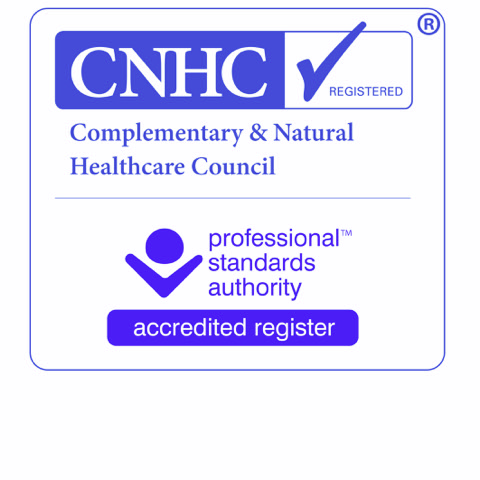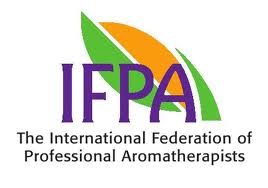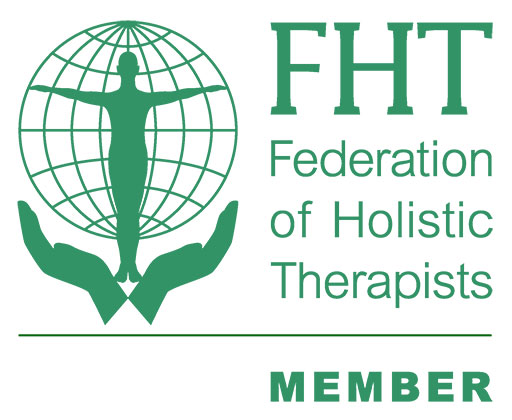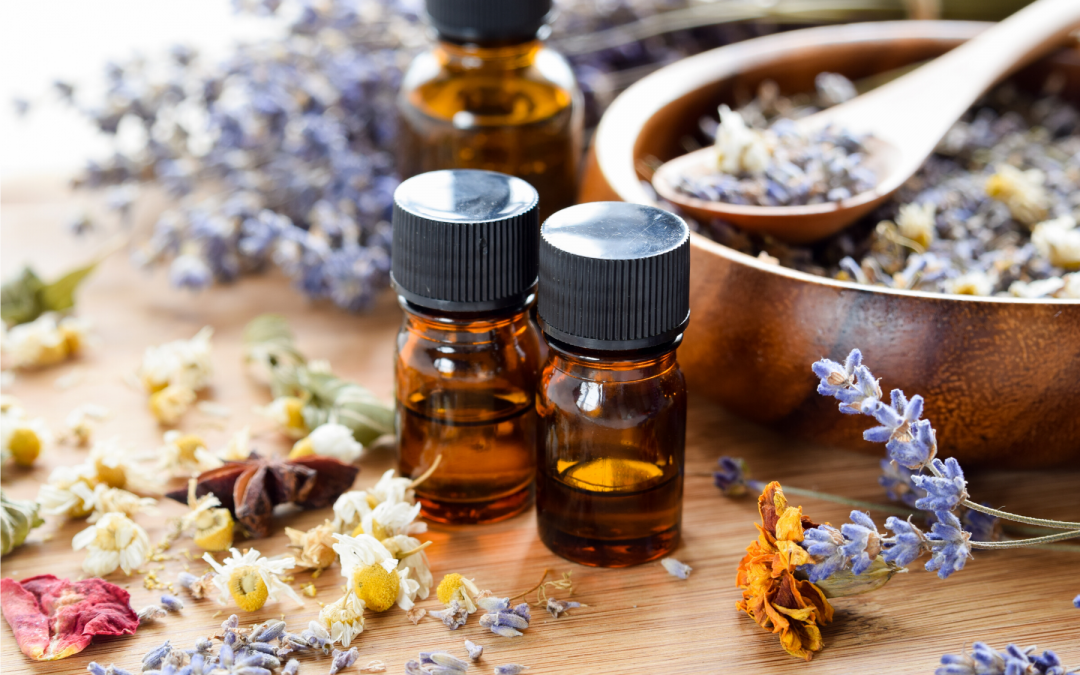Aromatherapist vs. Clinical Aromatherapist – Is there a difference?
Sandra at Essential Thyme is a qualified Clinical Aromatherapist and initially studied for 2 years in Aromatherapy and is still studying more about essential oils and how they work with the body and help with certain medical conditions.
Most people initially think of aromatherapy as a massage for relaxing and to de-stress, which yes it can, but it can also be so much more. There are essential oils to help with a multitude of medical symptoms and conditions.
The Essential oils are found from flowers, leaves, bark, roots, wood, fruit – basically any part of a plant can produce an essential oil but not all plants produce a safe essential oil. The main purpose of the oil is to help the plant defend itself from predators, the healing properties they offer is an added bonus. But we must always remember that essential oils are still classed as toxic and can cause harm or even death, if not used in the correct way.
Aromatherapy makes use of blended essential oils that can be applied through massage, steam inhalation or by using hot/cold compresses – determined by your individual needs.
So I have heard of Aromatherapy, so why do some therapists call themselves Clinical Aromatherapist?
Clinical Aromatherapy is a more in-depth level of training into the essential oils. The studies look into how the essential oils are made up, break down the oils into different chemical elements/properties and how they interact with other oils when blended together for their affects and also safety aspect. When blending oils they can become more powerful in their therapeutic properties but can also become dangerous when they have too many of the same chemical properties in the blend.
Essential oils work best when applied by a qualified and skilled therapist, so when visiting Essential Thyme, on your first visit you will receive a full consultation. This consultation is important as covers your medical history and records any medications you may be using (essential oils can react against some pharmaceutical medication so it is important to disclose all medication when you see a therapist). Only then will your therapist create the blend (or blends) of essential oils that will work best for you.
On each subsequent visit to Essential Thyme, we will take you through a mini consultation; your therapist will check on how you have been since your last visit and will ask you about any changes to your health before applying your personalised blend of essential oils.
We use a number of different essential oils in aromatherapy. Some examples of the essential oils and their benefits (when in the hands of a qualified aromatherapist):
Lavender – helps with sleep
Chamomile – helps with relaxation and has anti-inflammatory uses
Ravensara – anti-viral, anti-inflammatory and can help with congestion.
Nutmeg – muscle-warming
Lime – uplifting, mood-boosting and can help to combat tiredness.
Bergamot – uplifting and anti-congestive. Bergamot can also be found in Earl Grey tea!
Safety Note:
All Essential oils should NOT be applied direct onto the skin as this can cause an irritation and in some cases burns to the skin. You should always mix the essential oils into a carrier oil or lotion/cream before applying to the skin to prevent a reaction.
Essential oils should ONLY be applied topically on the skin or use by an inhalation method. They should NEVER be taken internally as they are toxic and can damage you.
If you are unsure about using essential oils, its always best to speak to a trained Clinical Aromatherapist for advise on how to use the oils.
More Information:
If you are interested in learning more about essential oils and how to use them and finding out about their different properties. Contact Sandra at Essential Thyme as she runs workshops and Full Clinical Aromatherapy Diploma courses.




